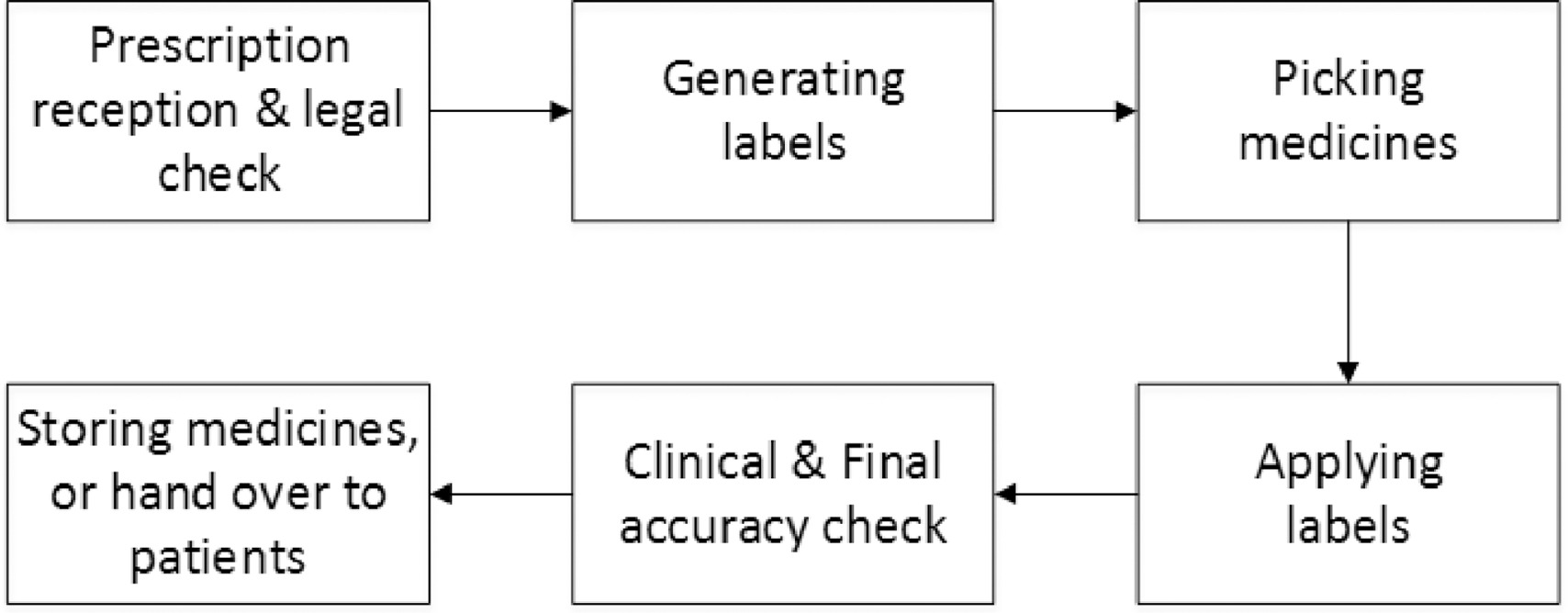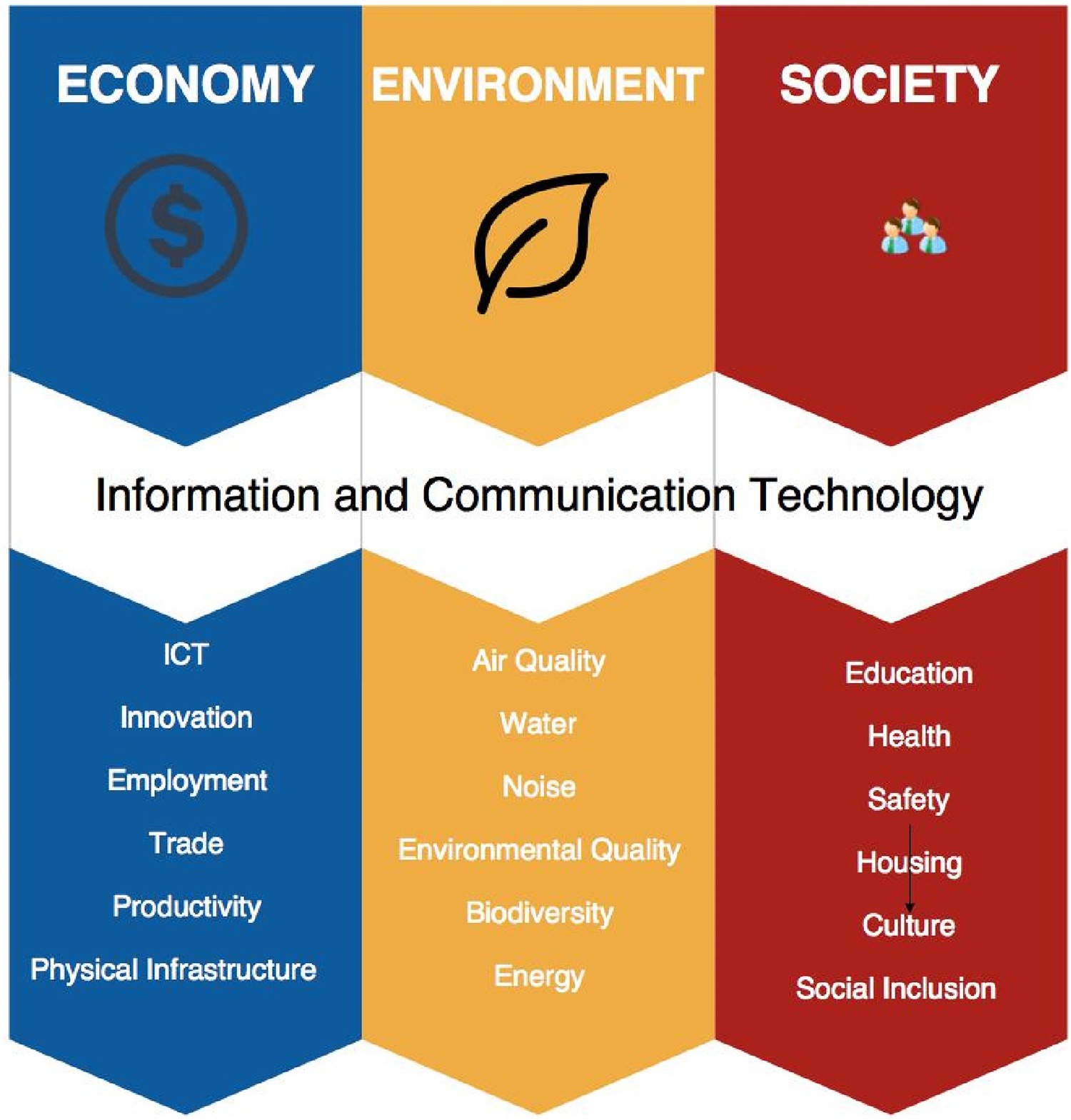It has been estimated that European customers visit community pharmacies to access essential primary healthcare around 46 million times every day. Studies of dispensing error rates in community pharmacies have reported error rates of between 0.08% and 3.3% per item dispensed. While severe cases of dispensing inaccuracies often garner a high level of media coverage, less significant errors are also causing inefficiencies in primary healthcare delivery.
Common soil characteristics, nutrients and microbial activity at deeper soil depths are topics seldom covered in agricultural studies. Biogeochemical cycles in deep soils are not yet fully understood. This study investigates the effect of different mineral and organic fertilisation on soil organic matter dynamics, nutrients and bacterial community composition in the first meter of the soil profiles in the long-term maize cropping system experiment Tetto Frati, near the Po River in northern Italy.
Advancing SDG 3, good health and wellbeing and goal 8, decent work economic growth, this podcast examines wellbeing in the workplace as an important focus for improved business performance.
This podcast highlights how the #MeToo campaign is tackling sexual harassment in the workplace and helping to empower women. It is advancing SDG 5, gender equality.
There has recently been a conscious push for cities in Europe to be smarter and more sustainable, leading to the need to benchmark these cities’ efforts using robust assessment frameworks. This paper ranks 28 European capital cities based on how smart and sustainable they are. Using hierarchical clustering and principal component analysis (PCA), we synthesized 32 indicators into 4 components and computed rank scores. The ranking of European capital cities was based on this rank score.
To advance goal 5, XpertHR have recorded a webinar that discusses the steps employers are taking to address or improve the gender pay gap within their organisations.


